According to the ministry’s statement, following his meeting with Balint Pasztor, President of the Alliance of Vojvodina Hungarians (VMSZ/SVM), Foreign Minister Peter Szijjarto first addressed challenges to energy security. He stressed that Hungary continues to support Serbia in ensuring that the pipeline responsible for the country’s crude oil supply, as well as its operator, be exempted from U.S. sanctions. “Here we have a situation where the country’s oil supply comes through a single pipeline, and this clearly demonstrates how vulnerable a state becomes when supplied with an energy source through only one route,” FM Szijjarto warned.
Brussels’ aggressive pressure and Zagreb’s push are trying to force Hungary into exactly such a vulnerable position. From Brussels, they want Hungary to be supplied through just one pipeline instead of two, which would make us entirely dependent on that single route — dependent on Croatian suppliers,
he explained.
“We see here in Serbia what it means when a country is dependent on just one pipeline for its oil supply. If for any reason that pipeline shuts down — and today one can easily see political, legal, technical, or mechanical reasons — then the country faces enormous trouble,” he added.
Peter Szijjarto emphasized that the Hungarian government will not allow Brussels or Zagreb to force it into a position where it must relinquish one of its two crude oil supply routes, leaving the country totally vulnerable.
“We Hungarians will continue to stand by our sovereignty, and one of the fundamental components of sovereignty is energy security. Today, energy supply decisions can only be made through nationally based decision-making,” he noted.
It is entirely a sovereign right of a country to decide from where and from whom it buys energy sources. We will not give up this sovereign right. We will insist on both our sovereignty and the energy security that underpins it,
he underlined.
He also touched on the economic development program in Vojvodina, which in recent years has enabled tens of thousands of native Hungarians to remain in their homeland.
For the Hungarians of Vojvodina to thrive therein their homeland, this program has provided enormous added value. And even if it had no other positive impact — though it has thousands — it would already have been worth it for this alone. Of course, we are ready to continue,
he said.
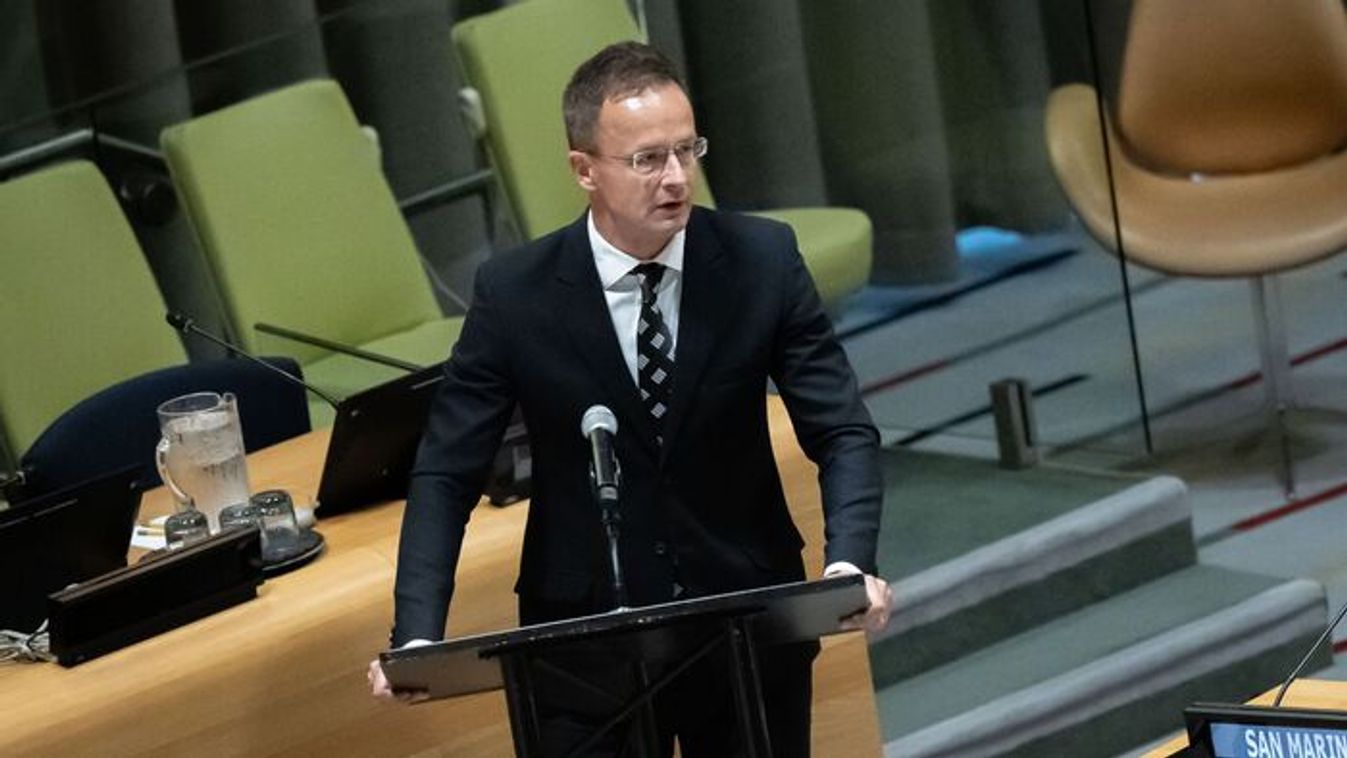






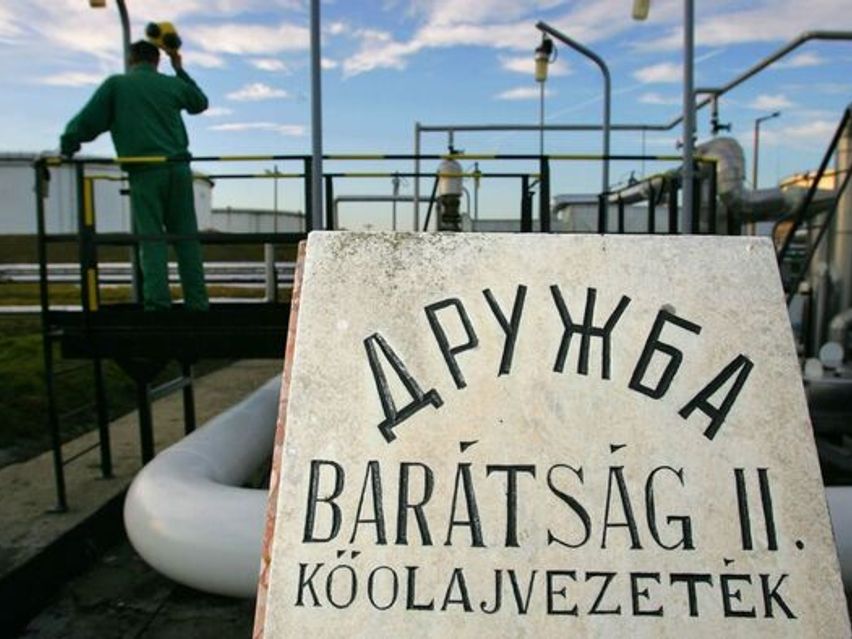





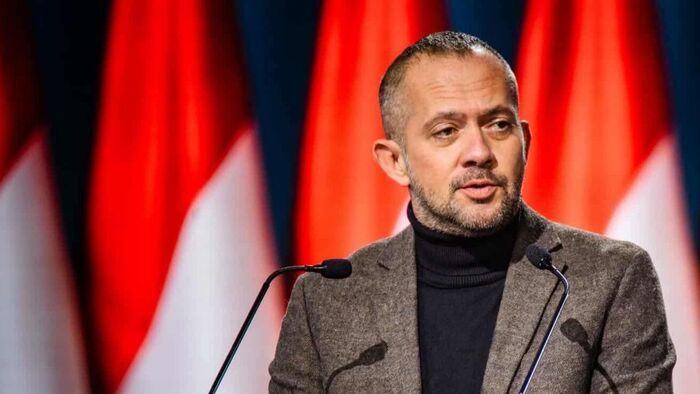

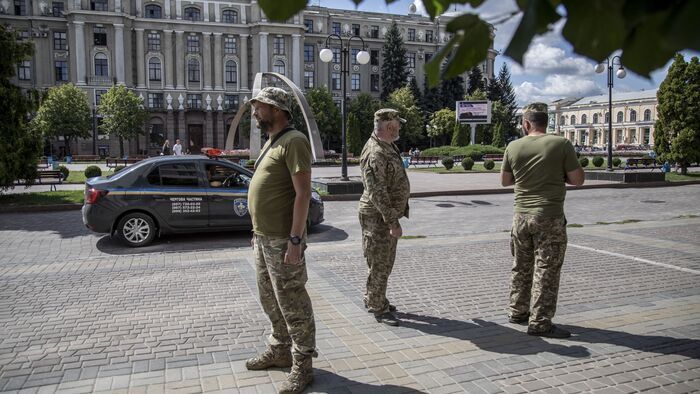
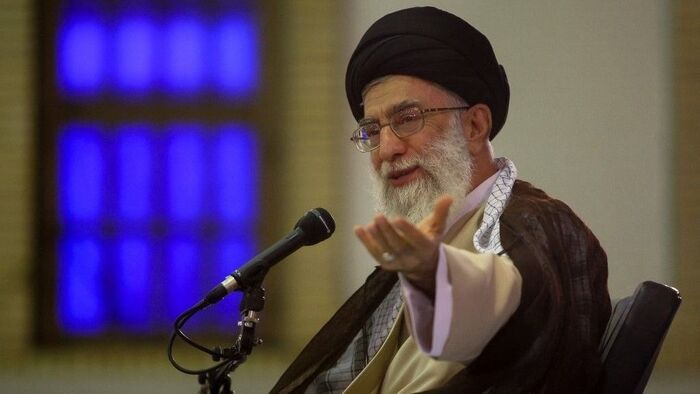






Szóljon hozzá!
Jelenleg csak a hozzászólások egy kis részét látja. Hozzászóláshoz és a további kommentek megtekintéséhez lépjen be, vagy regisztráljon!